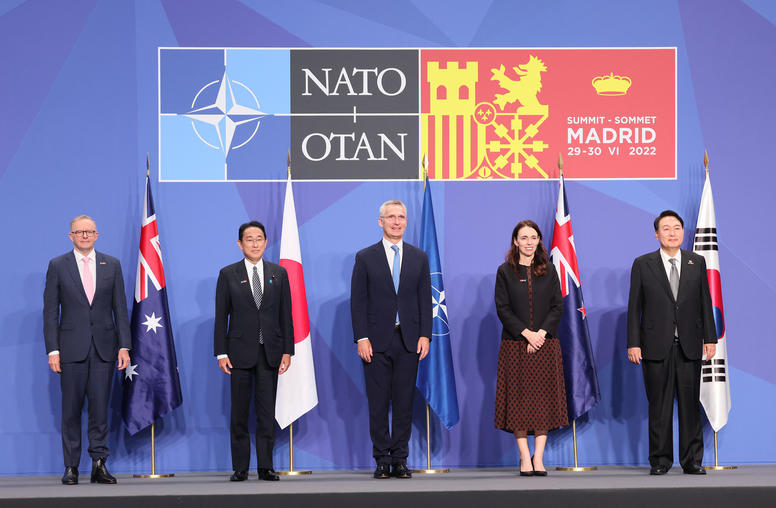 South Korea
South Korea
Featured Publications

How Should Seoul Respond to North Korea's Soldiers in Russia?
The Ukraine war is taking a new turn with the involvement of North Korean soldiers. Washington estimates that, so far, North Korea has sent approximately 10,000 troops to Russia — around 8,000 of whom have been deployed to the western region of Kursk, where Ukraine seized territory in a surprise attack earlier this year. And as U.S. officials predicted in late October, North Korean troops have reportedly begun engaging in direct combat.

North Korean Troops in Russia Show Putin Is Doubling Down on Ukraine War
After signing a mutual defense pledge in June, North Korea and Russia relations appear to be deepening. U.S. officials confirmed last week that North Korean troops, including elite special forces, were in Russia for training and potentially combat operations against Ukraine. This represents a “dangerous expansion of the war,” according to U.S. and NATO officials. It could also have serious ramifications for peace and security on the Korean Peninsula. South Korea is concerned that the deployment of North Korean troops could provide them valuable combat and technical experience. Meanwhile, China is watching closely to see what this means for its influence over North Korea and the implications for broader geopolitical tensions with the West.

Will South Korea’s New ‘Unification Doctrine’ Succeed Where Past Polices Have Failed?
South Korea’s only official policy regarding unification with North Korea is the "Three-Stage National Community Unification Formula" (hereafter “Unification Formula”), first declared by the Roh Tae-woo administration in 1989 and partially revised by the Kim Young-sam administration in 1994. However, the Korean Peninsula has changed drastically for the worse in recent years, and achieving “reconciliation and cooperation,” the first part of the three-stage formula, has become unrealistic.
Current Projects

Pursuing Peaceful Coexistence with North Korea: An Essay Series
This ongoing USIP essays series explores how the countries involved in the Korean Peninsula can tangibly and realistically reduce risks and improve relations within a reality where North Korea possesses nuclear weapons and will not denuclearize in the foreseeable future. In other words, how can the United States and South Korea peacefully coexist with a nuclear North Korea?

NATO and Indo-Pacific Partners: Understanding Views and Interests
To increase understanding of these changes and their impacts, USIP convened an expert study group consisting of experts from NATO countries and from NATO’s formal partner countries in the Indo-Pacific: Australia, Japan, South Korea and New Zealand, which are informally known as the Indo-Pacific Four (or IP4).

Resolving Tensions Between South Korea and Japan: An Essay Series
South Korea and Japan normalized relations in 1965, but unresolved historical disputes continue to undermine genuine bilateral reconciliation and optimal diplomatic, security and economic cooperation. Past efforts, both between the two countries and trilaterally with the United States, to help improve relations have generally emphasized a “future-oriented” approach that focused on common security and economic interests.